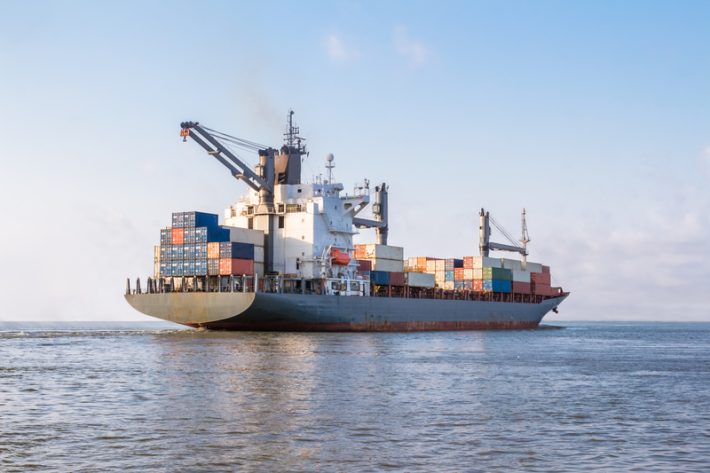Investments of hundreds of billions of dollars will be needed until 2050 to decarbonize maritime transport, an essential cog in world trade but which is responsible for 3% of global greenhouse gas emissions, warns the UN, AFP reports.
Maritime transport and its gigantic ships represent more than 80% of the volume of world trade and its emissions of greenhouse gases have increased by 20% over the course of a decade, as a result of the globalization of the economy and the delocalization of production chains, the United Nations Conference emphasizes for Trade and Development (UNCTAD), in its annual report on maritime transport.
Even if decarbonization is urgent, “a balance must be found between ecological sustainability, compliance with regulations and economic requirements to ensure a prosperous, fair and resilient future for maritime transport,” said the Secretary General of UNCTAD, Rebeca Grynspan, according to Agerpres.
But the bill for the decarbonisation of maritime transport will be a colossal one. UNCTAD estimates that between 8 and 28 billion dollars per year will be needed to decarbonize ships by 2050, and a much larger investment of between 28 and 90 billion dollars per year will be needed to to set up the global infrastructure for the use of fuels without carbon emissions.
In addition, these costs will disproportionately affect small island states and least developed countries that are heavily dependent on maritime transport, UNCTAD points out. In this sense, UNCTAD foresees the introduction of a universal system that would allow avoiding a “two-speed decarbonization”.
According to UNCTAD, taxes or contributions “paid in relation to ship emissions can encourage action, to promote the competitiveness of alternative fuels and to reduce the cost gap with conventional fuels”, explains UNCTAD’s director of technology and logistics, Shamika N. Sirimanne. “These funds could also facilitate port investments in small island states and least developed countries, focusing on climate change adaptation, trade and transport reform, and digital connectivity,” added Shamika N. Sirimanne.
Currently, 99% of the world’s fleet still depends on conventional fuels. The UNCTAD report states that 21% of ships currently on order are designed for alternative fuels.
At the same time, there is an aging phenomenon of the world fleet. At the beginning of 2023, merchant ships were on average 22.2 years old, which is two years more than ten years ago, and more than half of the world’s fleet is over 15 years old, UNCTAD statistics show.
